|
By Karen Carnabucci, LCSW, TEP
Beyond multiculturalism education and cultural competency, we discover a new phrase – that of decolonizing therapy. This important movement demands that we explore how we can begin to include the trauma of oppression within our healing and helping sessions and dismantle the often-unconscious structures of racism that permeate the field of mental health as we know it. This “decolonizing” trend is related to the larger decolonizing movement, which is the undoing of colonialism, the latter being the process whereby a nation establishes and maintains its domination on overseas territories, and speaking up for social justice and inclusion. Within the educational context, for instance, this means confronting the colonizing practices that have influenced education in in the past, and which are still present today; in application, this would include diversifying materials and content, teach to learning outcomes that address power and social justice and design assessments that allow diverse students to demonstrate mastery in diverse ways.
0 Comments
By Karen Carnabucci, LCSW, TEP
There is psychodrama, and there is sociodrama. Sociodrama is the less-known method of the two action methods, although it offers great opportunities for action explorations in many settings. In psychodrama, we explore a personal issue; for instance, the protagonist, as the client is called, may wish to look at a difficult relationship with a boyfriend, a long-standing conflict with mother, a repeated nightmare or a rehearsal to ask the boss for a raise. The idea is to address a personal problem with the help of “auxiliaries,” the other group members, to enact the roles in the drama to arrive at a conclusion that feels enlightening, satisfying and healing. In sociodrama, there is no protagonist. Instead, the group identifies a social or cultural issue of common interest and each person in the group takes and plays out a role that relates to the issue or problem. By Karen Carnabucci, LCSW, TEP
I preach, preach, preach to my clients about the importance of a support system, a tribe, a community. On Saturday in Lancaster, Pa., I felt the power of the tribe of women coming from all experiences, perspectives and backgrounds. Some men, too. And children. And elders. And babies. And people of every color, both skin and hair. Some in wheelchairs and others standing ably. Some professional musicians, and some singing off key. Some model-pretty people and others average looking. Some loud and boisterous sporting bright pink hats, others primly holding a little modest sign with their fingertips. We all need to feel connected to a community, and we especially need it now. The fact is that community in all its forms gives us strength and is the best antidote to anxiety and isolation. |
AuthorKaren Carnabucci, LCSW, TEP, is an author, trainer and psychotherapist who promotes, practices and teaches experiential methods including psychodrama, Family and Systemic Constellations, sand tray, mindfulness and Tarot imagery. Archives
December 2023
Categories
All
|
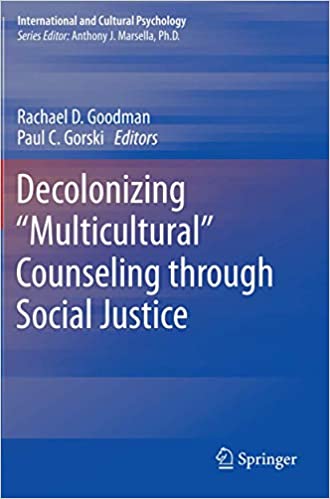
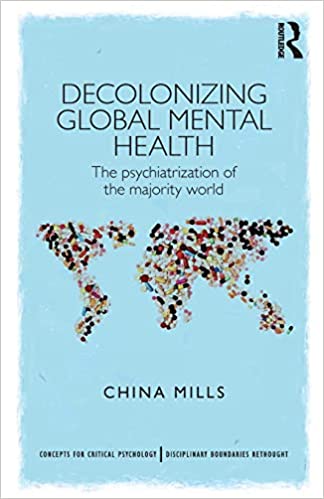
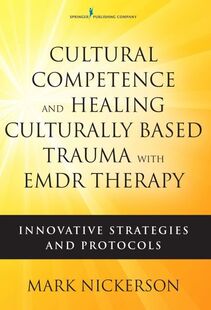
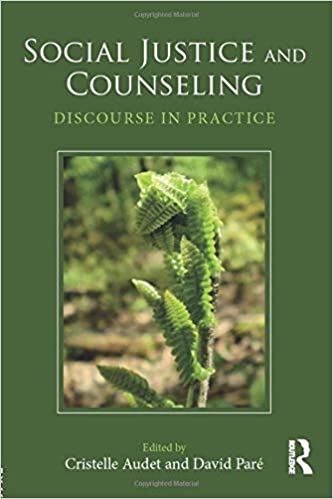
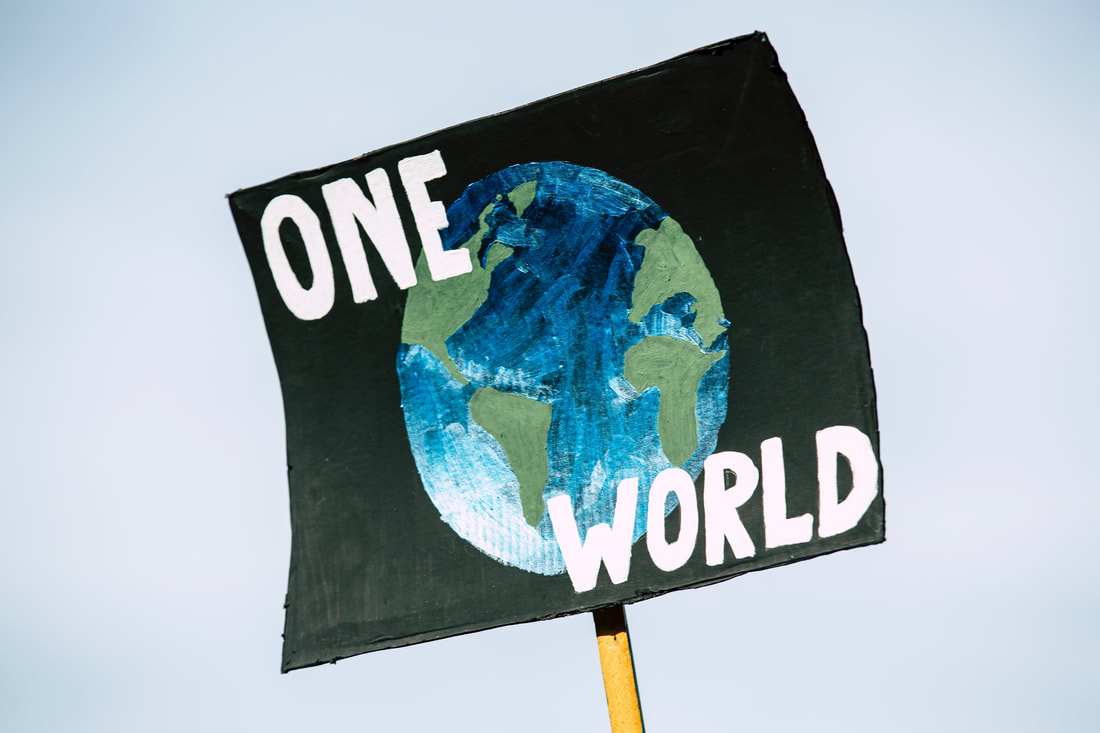
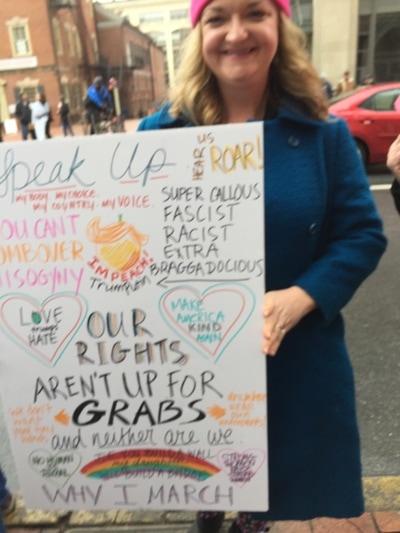
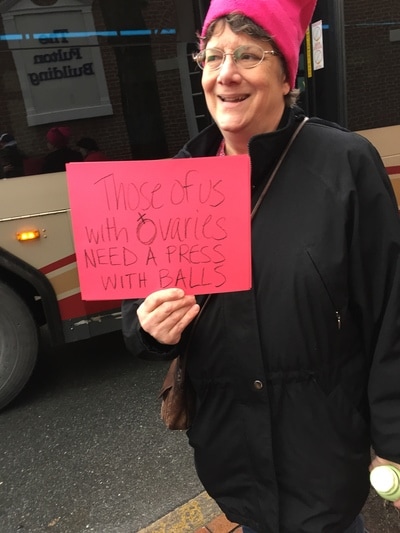
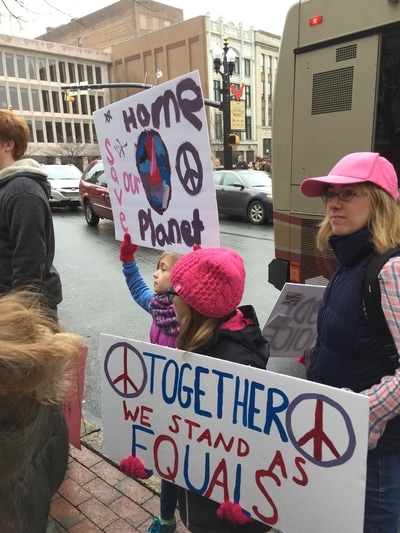
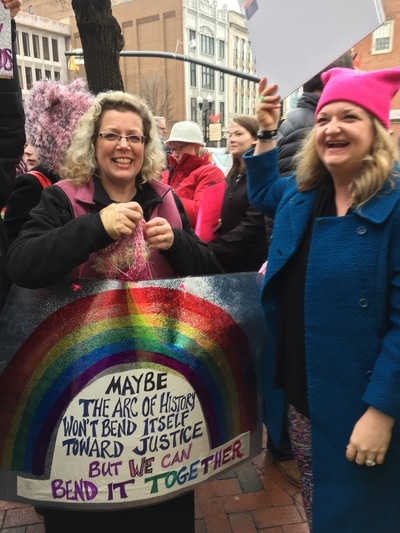
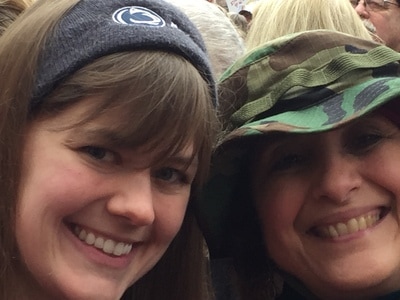

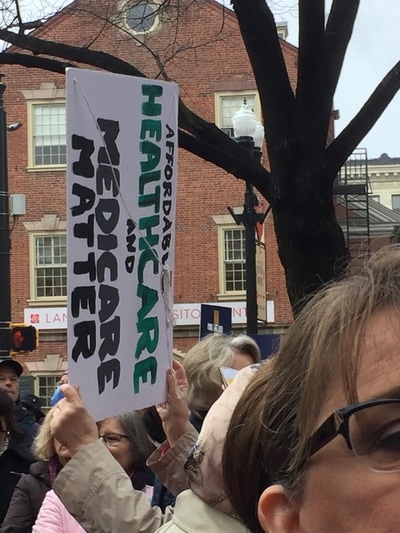
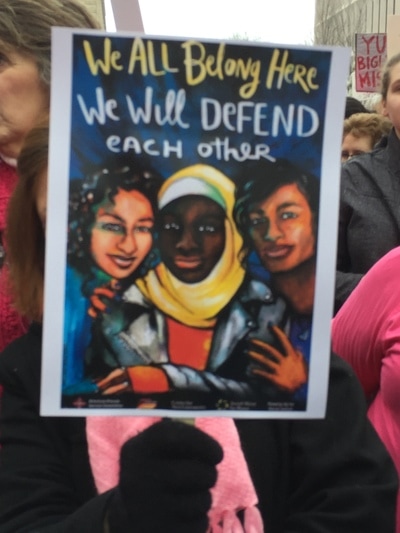
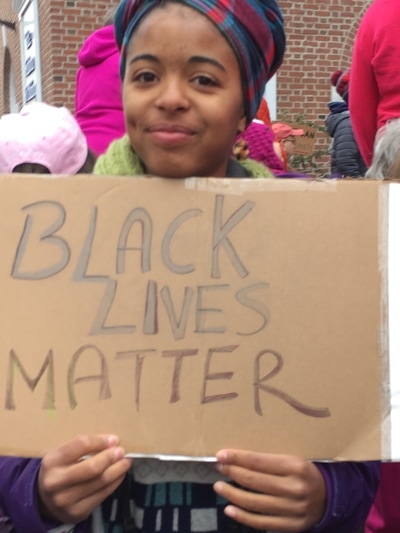
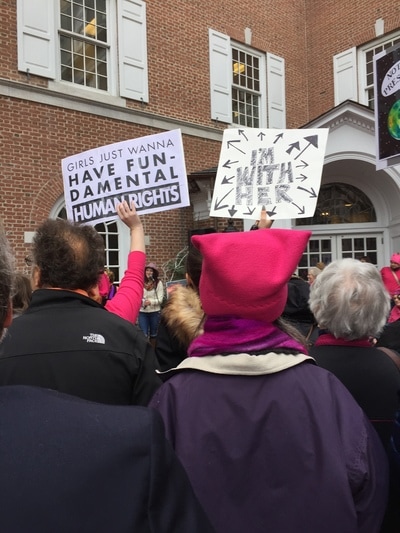
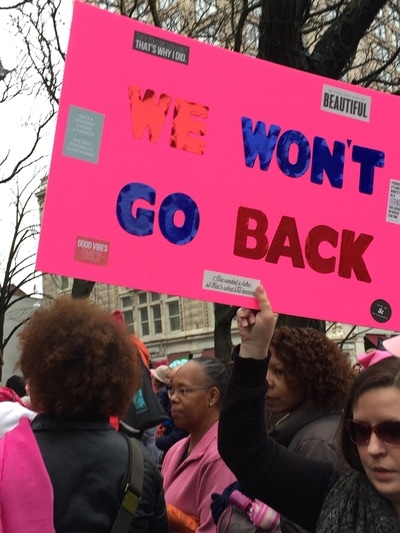
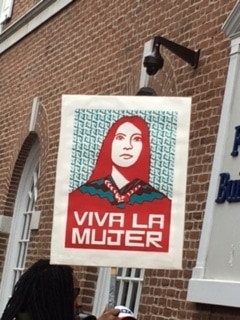
 RSS Feed
RSS Feed